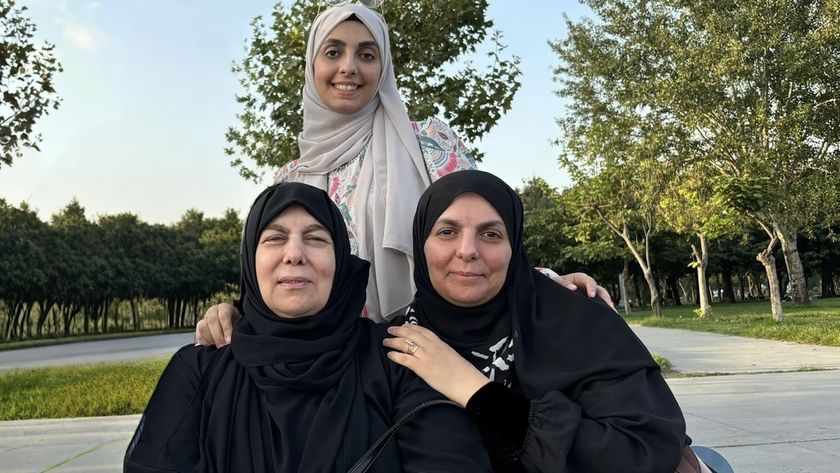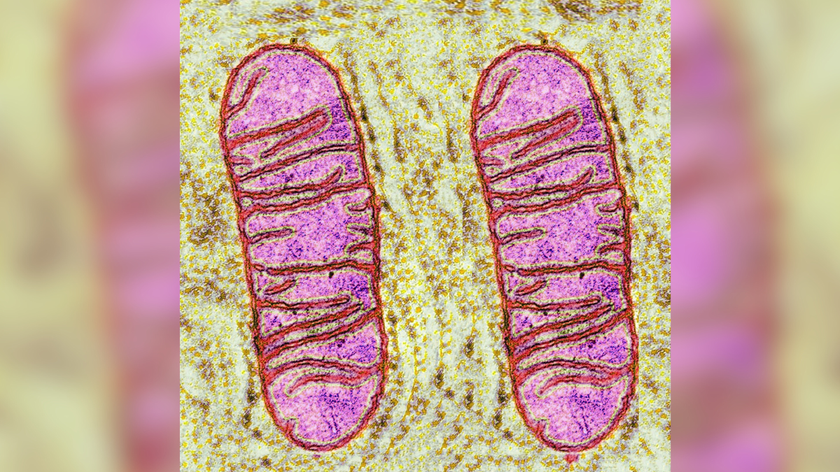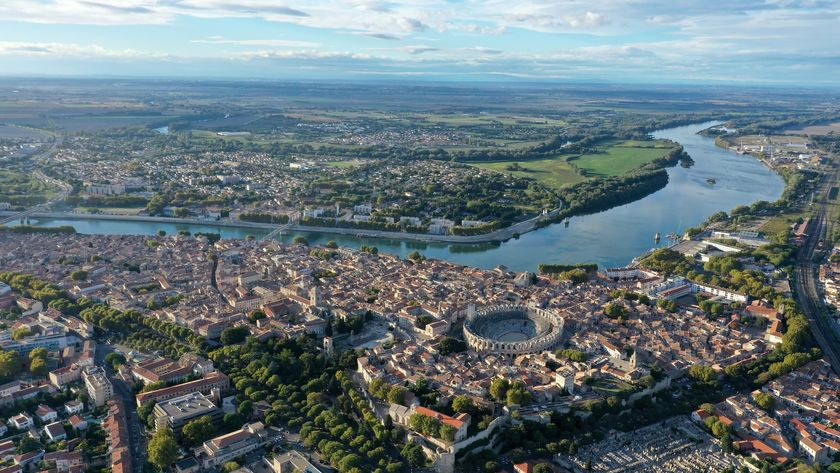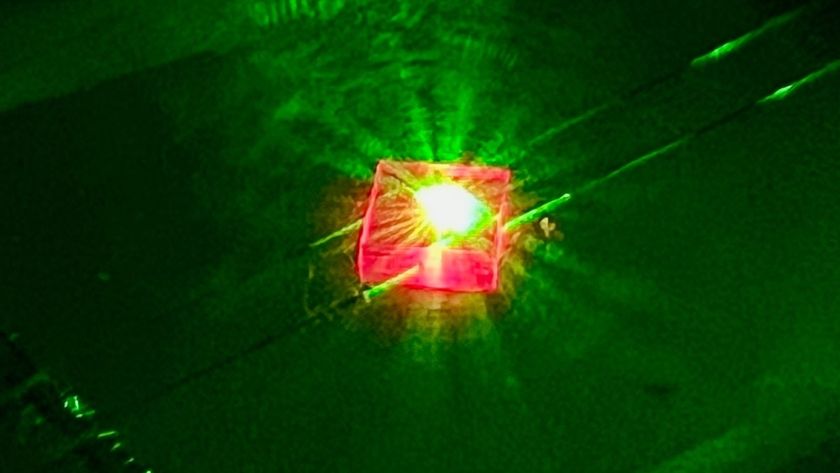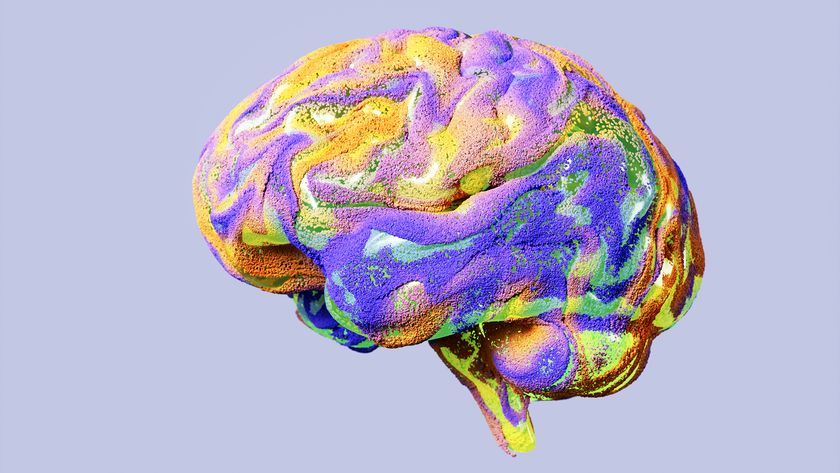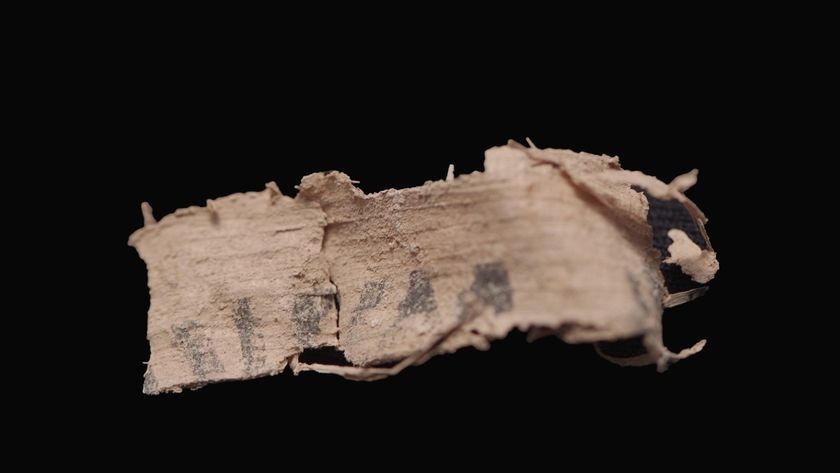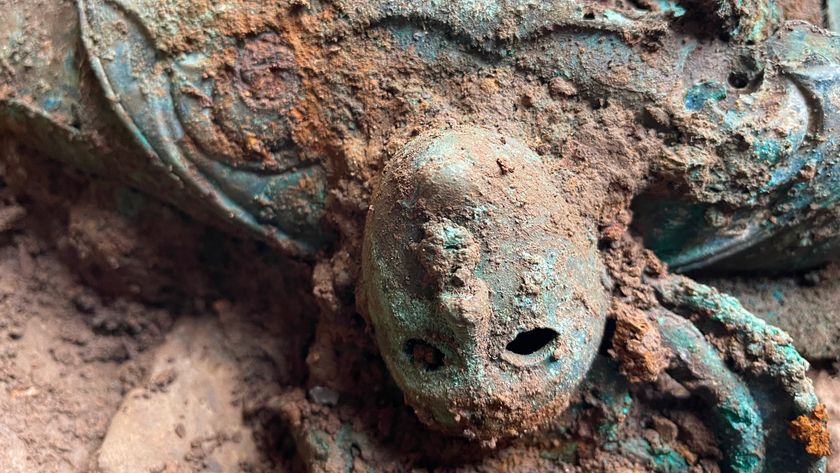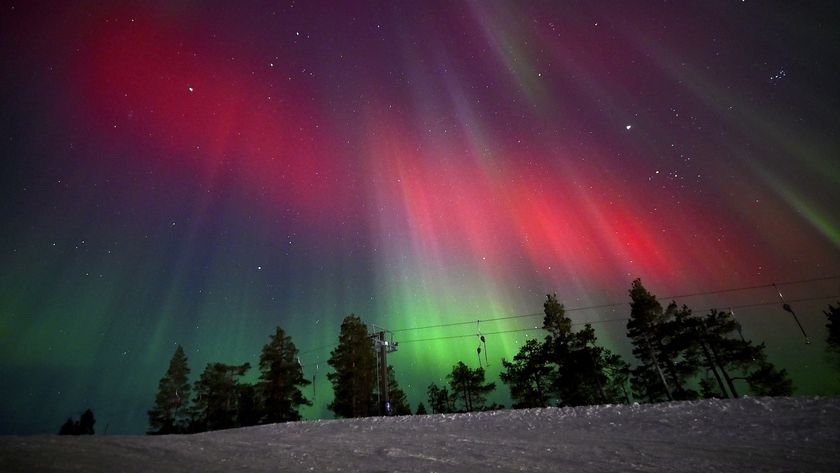That Youthful Glow? It's in Your Genetic Makeup
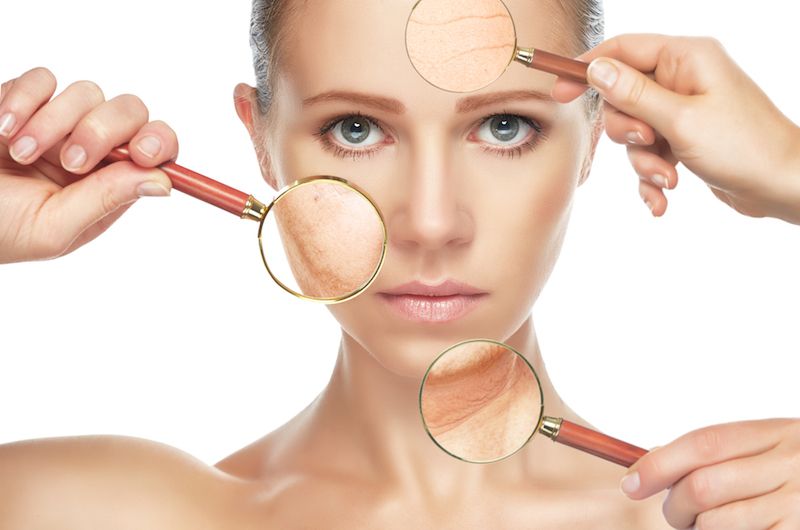
If you look a little older than your age, your DNA may be to blame.
People who carried a specific gene looked 2 years older on average than those who did not carry this gene, according to a new study, which was published today (April 28) in the journal Current Biology.
The new study is the first time that "a gene has been found that explains, in part, why some people look older and others younger for their age," Manfred Kayser, a professor of forensic molecular genetics at Erasmus MC University Medical Center Rotterdam in the Netherlands and a senior author on the study, said in a statement.
The study was funded in part by Unilever, and although no specific products were tested by the researchers, the results could be used in the future to promote anti-aging products for Unilever.
Genetics and lifestyle factors, such as sun exposure and smoking, have long been known to affect how old a person looks. The new study aimed to examine the role of genetics in aging. [8 Tips for Healthy Aging]
The researchers studied nearly 2,700 older Dutch adults. The researchers showed photos of the study participants to "assessors" who were asked to estimate the ages of the people in the photos. The researchers also analyzed the participants' DNA, looking at about 8 million tiny variations in total.
They found that one gene variation appeared to be associated with a slightly older appearance, even after age, sex, skin color, sun damage and wrinkles were taken into consideration, according to the study.
Sign up for the Live Science daily newsletter now
Get the world’s most fascinating discoveries delivered straight to your inbox.
The researchers confirmed their results by looking at the DNA and appearance of participants in two additional studies.
The gene, MC1R, has been linked to appearance in previous studies, the authors wrote. Specifically, this gene plays a role in the synthesis of melanin in the skin, according to the study. Melanin is a pigment, and people who have more of it have darker skin.
Variations in the gene also have been linked to pale skin and red hair, according to the study. However, because the new study found no link between people's skin color and how old they looked, it is possible that the gene variant may affect appearance in other ways, according to the study. [7 Diseases You Can Learn from a Genetic Test]
One possibility is that the gene may affect inflammation in the body and the repair of damaged DNA, which could have an impact on how old a person looks, according to the study.
The researchers noted, however, that this is just one gene variant related to aging — there are likely many more genes that are involved in how old a person looks, they wrote in the study.
Follow Sara G. Miller on Twitter @saragmiller. Follow Live Science @livescience, Facebook & Google+. Originally published on Live Science.

